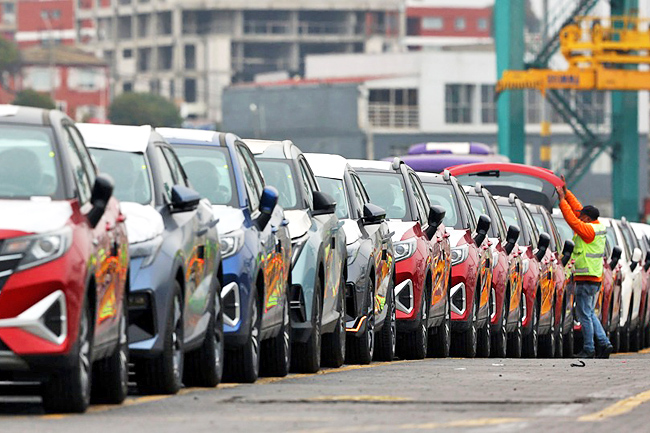SANTIAGO (AFP) – Chilean truck driver Claudio Perez was dubious about his first purchase of a Chinese-made family car two years ago. But the price and quick delivery time convinced him, and now he is a convert.
Perez, 47, is one of millions of car buyers in Latin America to have made the shift from United States (US) and Brazilian-built cars to Chinese models in recent years.
In 2019, the Asian economic giant sold USD2.2 billion worth of cars in the region. Last year, the figure reached USD8.5 billion, according to the International Trade Center (ITC), a UN agency.
Chinese car sales represented 20 per cent of the region’s total in money terms – ahead of the US with 17 per cent and Brazil with 11 per cent. No other market outside Asia now has a larger share of Chinese cars, according to the ITC.
Chinese carmakers have redoubled their efforts in recent years to offer products at competitive prices, without compromising on quality, according to analysts.
In the emerging market of electric vehicles, they have taken an even bigger slice of the Latin American market, with 51 per cent of all sales. Almost all electric buses in the region are made in China.
“The growth of Chinese car manufacturers in recent years has been exponential, thanks to significant improvements in quality, technology and design,” said Andres Polverigiani of Nyvus, a consultancy firm that studies vehicle competitiveness.
In the US and Europe, protective import tariffs have slowed China’s advance, unlike in Latin America. In Chile, with near-zero duties, Chinese models represented nearly 30 per cent of car sales last year.




















































